In the realm of Vedic Astrology, much has been said about planetary influences, dasha systems, house significations, and nakshatra-based interpretations. But there lies a hidden terrain, often overlooked yet profoundly potent: the idea that every planet casts not only its influence but also a psychological reflection upon the native. These reflections are not mere metaphors; they are real impressions on the mind, often functioning as shadows, archetypes, or inner voices that shape how an individual perceives reality, makes choices, and lives out their karma.
In this article, we shall dive into this esoteric junction between Jyotish and psychology, especially focusing on what can be called the ‘Pratibimb Gyaan’ (Knowledge of Planetary Reflections). This approach fuses traditional astrological principles with a psychological lens, drawing upon deeper truths embedded in ancient texts and supported by experiential insights.
Understanding the Concept of Planetary Reflections
What do we mean by planetary reflections? Each graha (planet) is not just a karaka (significator) of certain events but also a bearer of certain psychological tendencies. These tendencies, when unacknowledged, can operate from the unconscious, manifesting as compulsions, projections, fears, or irrational desires.
In simpler terms, we carry within us the inner Mars, the inner Moon, the inner Rahu, and so on. These inner grahas behave like psychological sub-personalities, often conflicting with one another or aligning based on planetary relationships in the natal chart.
For instance, when a person has a strong Mars aspecting Moon, there is a potential for inner aggression or restlessness to dominate emotional peace. But this doesn’t just play out externally — it creates an inner battlefield. The Moon, symbolizing the emotional mind (manas), reflects the agitation of Mars like water disturbed by fire.
These reflections become psychological patterns:
- Mars reflects as the warrior, the drive, the impulse to dominate or fight.
- Saturn reflects as fear, control, restriction, and also deep-rooted endurance.
- Rahu reflects as obsession, illusion, and amplified desire.
- Jupiter reflects as belief systems, values, hope, and inner guru.
- Venus reflects as yearning, pleasure, and inner aesthetics.
Thus, Jyotish becomes not just predictive but transformative, when used to recognize and integrate these reflections.
The Archetypal Language of Planets: Bridging Jungian Psychology and Jyotish
Carl Jung introduced the concept of archetypes—universal symbols residing in the collective unconscious. Interestingly, every planet in astrology also behaves like an archetype:
- The Sun is the archetype of the self, authority, ego, and the will to be.
- The Moon is the archetype of the mother, nurturer, and emotional intelligence.
- Mercury is the communicator, the messenger, the trickster.
- Venus is the lover, artist, and the harmonizer.
- Mars is the warrior, the protector, and the initiator.
- Jupiter is the teacher, philosopher, and spiritual guide.
- Saturn is the disciplinarian, the gatekeeper, the elder.
- Rahu is the shadow, the foreigner, the obsessive seeker.
- Ketu is the mystic, the renunciate, the karmic detacher.
Each of these archetypes lives within us. Our birth chart becomes a map of archetypal forces that are seeking expression, evolution, and ultimately, integration.
When a person suppresses one of these archetypes, it does not disappear — it reflects in distorted ways. For example:
- A person with a debilitated or afflicted Mars may suppress anger. But that suppressed anger could emerge as psychosomatic illness or passive-aggression.
- An afflicted Venus may show up as unhealthy relationships or lack of self-worth.
- A shadow Rahu may cause the person to constantly chase what others have, without knowing why.
In this way, the chart becomes a mirror. And the astrologer becomes not just a predictor, but a mirror-holder, a shadow-worker, and a psychological guide.
Inner Conflicts and Projection: The Role of Aspect and Conjunction
Astrological aspects and conjunctions reveal how these inner reflections interact. A Mars-Saturn conjunction in the 10th house may produce immense drive and work ethic — or it may create crippling inner conflict: one voice says “act now” (Mars), the other says “wait, you are not ready” (Saturn).
When a person is unaware of this inner dialogue, they project it outward. They may blame their boss, spouse, or circumstances — unaware that the true tension lies within. This is known in psychology as projection, and Jyotish offers precise tools to identify the root of such projections.
Another example: a debilitated Mercury in the 7th house may lead to communication issues in relationships. But at a deeper level, it shows inability to talk to one’s own inner opposite (7th house being the mirror). The partner simply reflects this unresolved inner communication.
Nodes as Shadows: Rahu and Ketu in the Psychological Domain
Rahu and Ketu are not physical planets — they are points of psychological force, and their influence is especially critical in the study of planetary reflections.
- Rahu behaves like a magnifying glass over a desire we don’t fully understand. It creates illusions, obsession, and sometimes even genius. But it does so by triggering parts of our mind that are ungrounded.
- Ketu cuts off the same things Rahu chases. It shows detachment, past-life memory, and the need for transcendence.
When people operate unconsciously, Rahu’s illusions can take over — leading to addiction, anxiety, identity crisis. But when awareness arises, the same Rahu can be channelled into innovation, strategy, and mastery.
Ketu, when ignored, creates confusion and aimlessness. But when meditated upon, it leads to deep inner clarity. Hence, working with these nodes is working with the shadow, very similar to Jung’s concept of the ‘Shadow Self’.
The Purpose of Astrology Beyond Prediction: Self-Integration
Why study planetary reflections? Because Jyotish, in its highest form, is not just about timing events. It is about awakening.
When you recognize that your constant overthinking is not just ‘you’ but a Mercury pattern… that your fear of taking decisions is a Saturn-Moon conflict… that your attraction to toxic partners is a distorted Venus-Rahu signature — you start taking responsibility.
And with responsibility comes power.
The Vedic sages used astrology not to make people dependent on predictions, but to guide them toward self-integration and moksha. That journey starts when one begins to see each planet not as a fate written on paper, but a mirror of one’s own inner landscape.
A Practical Way to Work with Planetary Reflections
As a seeker or a student of Jyotish, try this approach:
- Choose a planet that has been causing noticeable patterns in your life (for example, Venus and relationships).
- Observe its house, dignity, aspects, and nakshatra. Try to feel the emotion behind it, not just intellectualize it.
- Write a dialogue between yourself and that planet, as if it were a person within you.
- Ask it what it wants, why it acts the way it does, what it fears.
- Over time, you’ll find clarity, and the planet’s negative behavior may reduce.
This is not just psychological gimmickry — this is a mantra without mantra, a living meditation.
Conclusion: Jyotish as the Science of Self-Awareness
Ultimately, every planet is a messenger from the Self to the self. Every reflection is an opportunity. What you resist — persists. What you observe — transforms.
To practice astrology only for prediction is to read the map and never take the journey. But to understand these planetary reflections is to walk the path of inner alchemy, where Mars is not just war, but courage; Saturn is not just delay, but maturity; Rahu is not just chaos, but innovation.
When you learn to see through the reflections, not just into them, you step into the true potential of Jyotisha.
And in that seeing, you don’t just know your chart.
You begin to know yourself.

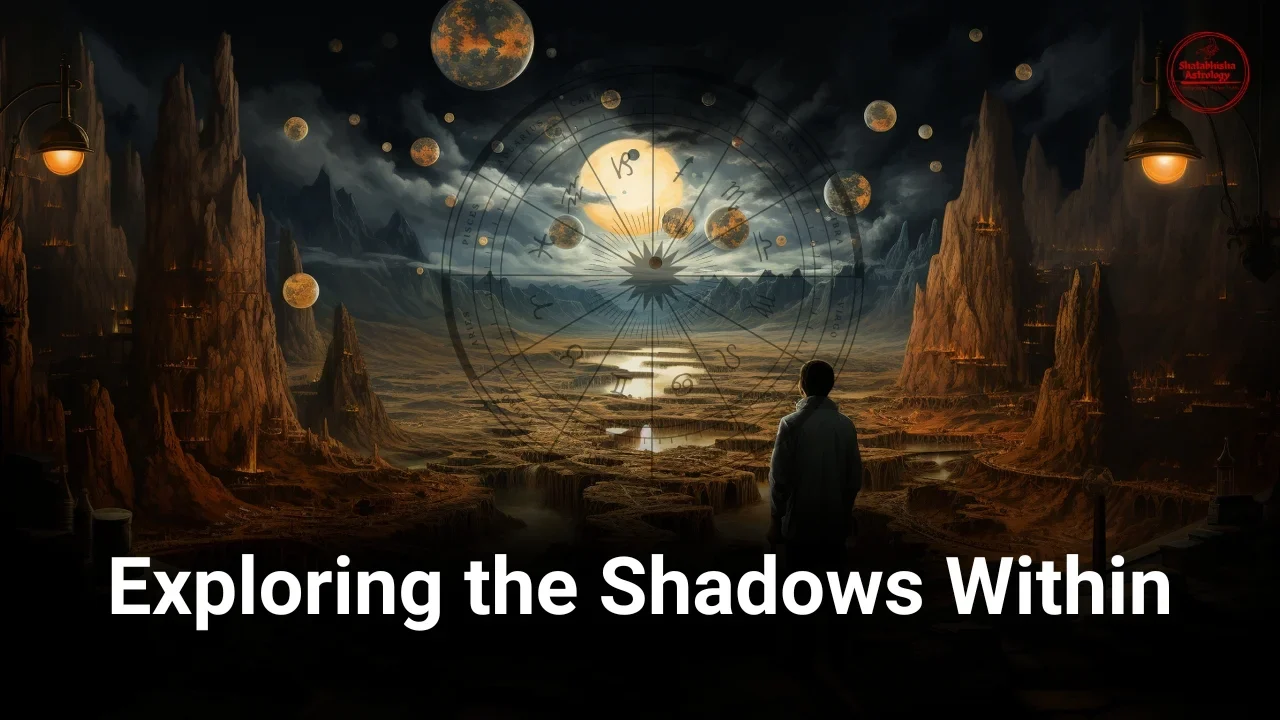
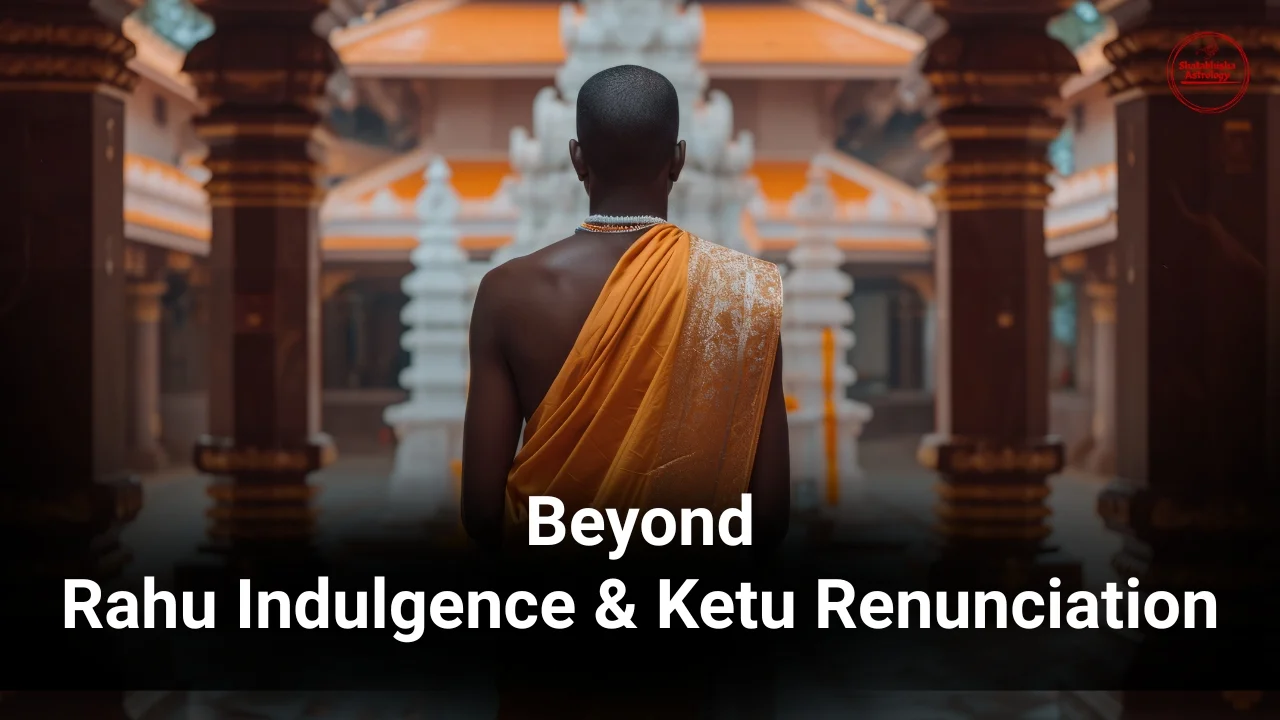
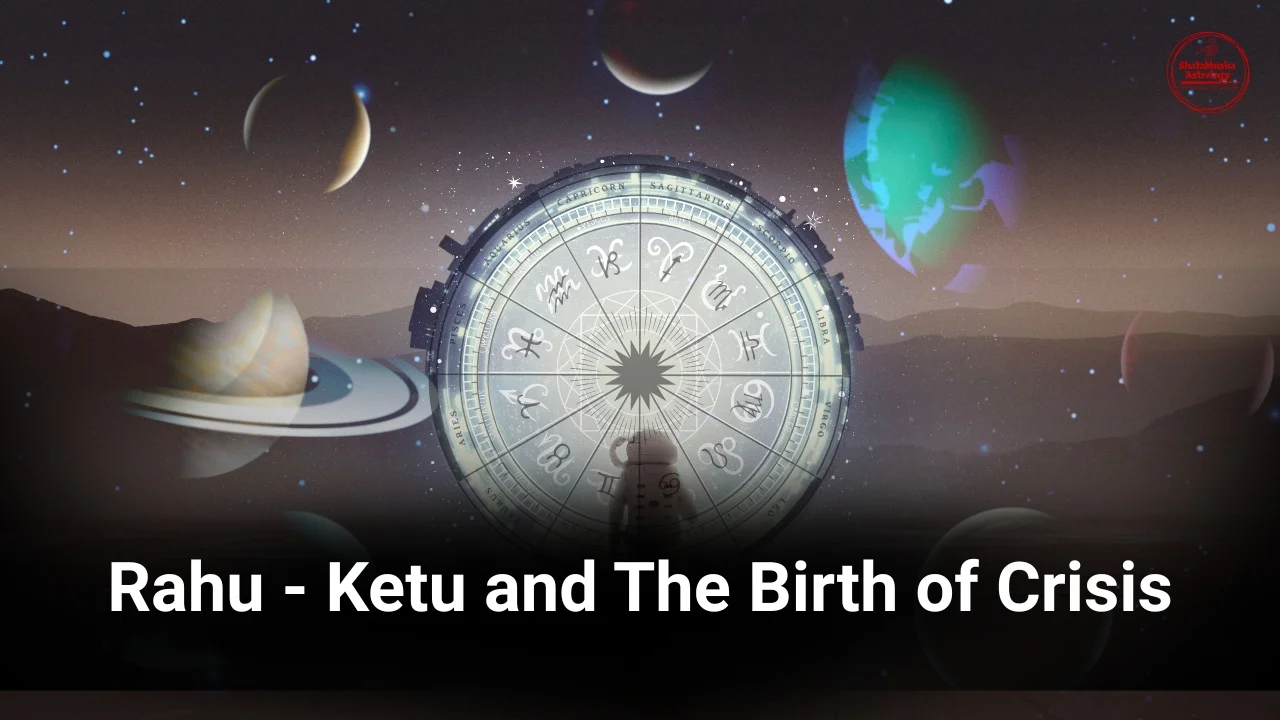
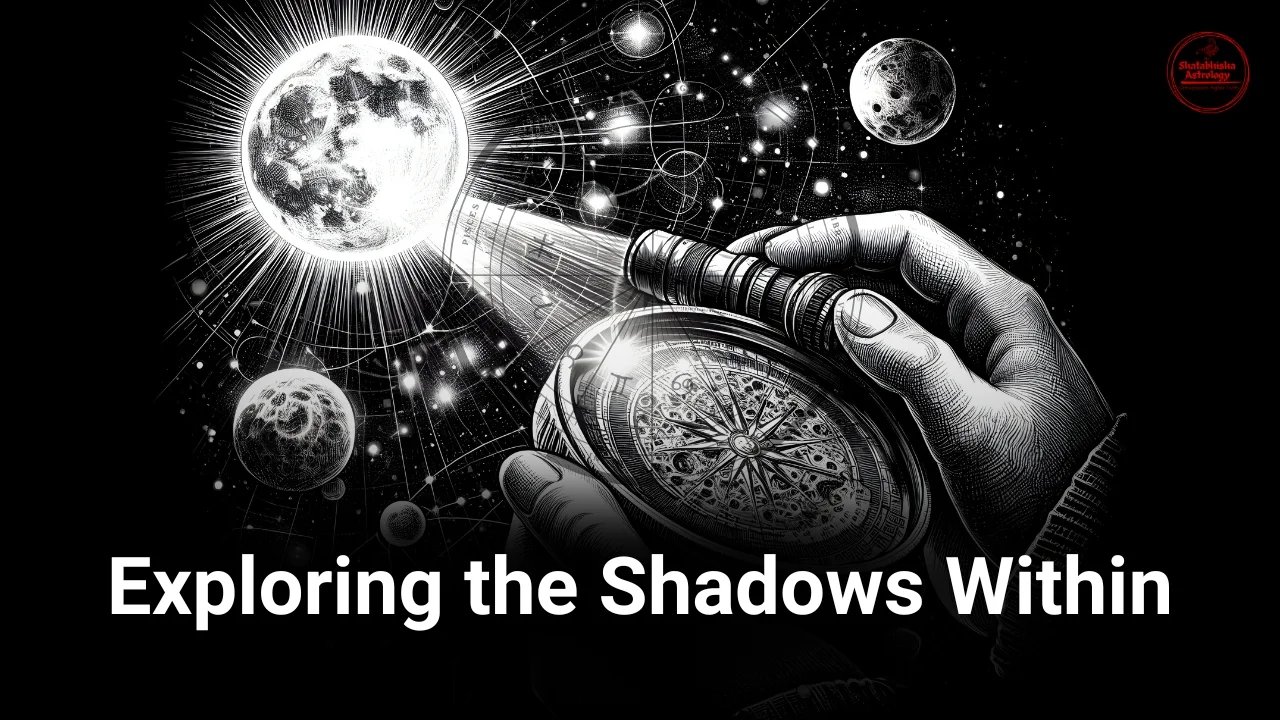
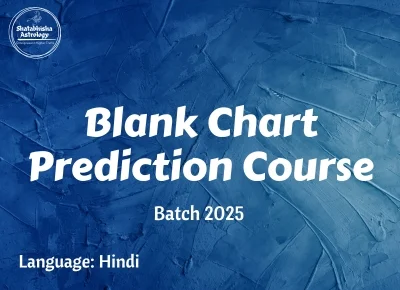


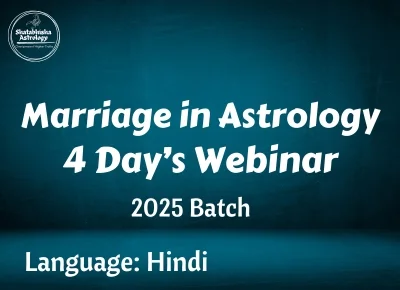
9 thoughts on “Jyotish and the Psychology of Planetary Reflections”
Wow sir. I have retrograde Venus in 9 th house. Libra lagna. I have always faced dejection in love. I was searching for an answer to Lord shiva, how to face this inner turmoil am going through. Today, write now, i will write a letter to Venus and how I feel , what i want and inner guidance 🙏🙏🙏
Excellent thought….this article is the actual remedy of the planets….too deep thought…..Highly thankful to neeraj sir for sharing such a valuable gem of thought
A deeply insightful piece it blends astrology with psychology, guiding us toward inner reflection.👏🏻
Such a profound article! Sir has shown a very intriguing way of comprehending Astrology through the lens of Psychology.Highly appreciate his approach 🙌
Sir, this article is mind blowing. How well you have explained the relations and energy. There is soo much you have left us to think further.Each and every conflict outside can be re -thought and worked Thank you and we shall try to apply this. Thank you again!
I can confirm with much audacity …
The article is beautifully written to explain the different shades of one’s personality n crafted with much diligence to show the nexus between the cosmic intelligence and our journey on this planet 🙏
I found the article helpful and enlightening. It gave me a new perspective on how astrology can guide personal growth and understanding. I would definitely recommend it to anyone curious about astrology or looking for meaningful guidance.
Thank you Neeraj sir 🙏
You r Gem 💎🙏
Thank you Neeraj sir for putting such efforts and giving the deepest insights as always! This article is an eye opener and has made us think in a more aware way. Grahas and its influence on human beings – this is very fascinating article. Thank you sir, for sharing this with us.
What an absolutely delightful read! I’m genuinely amazed by the interdisciplinary connection between astrology and Jungian psychology — so scientifically approached and deeply researched. The clarity, depth, and thoughtful presentation truly stood out. I loved the dynamic blend of psychology and astrology — it’s progressive, mind-opening, and deeply thought-provoking. This piece has sparked a genuine curiosity to explore this subject further and dive deep into it. Heartfelt gratitude 🙏🏼🌺